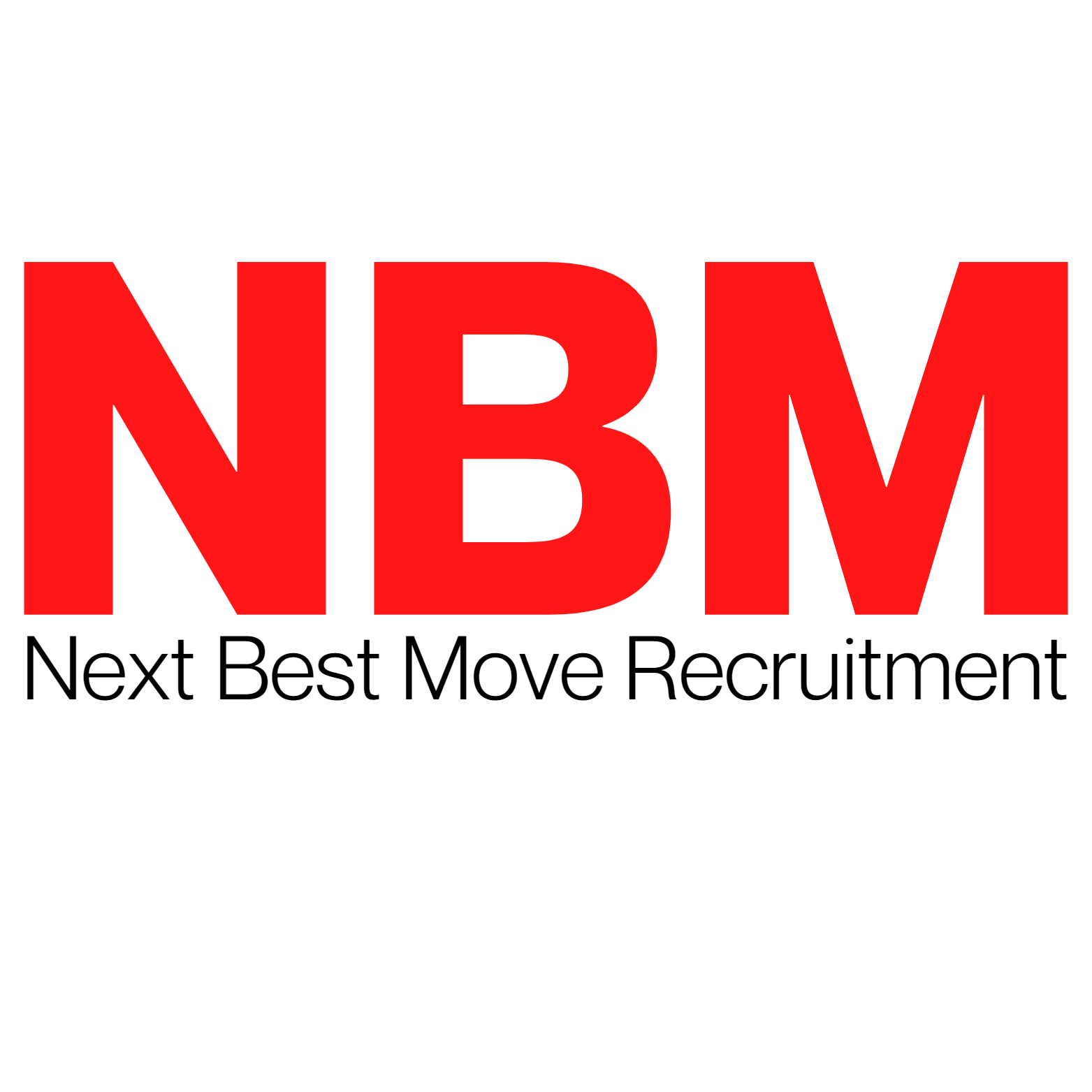
How Recruitment Agencies Work: A Behind-the-Scenes Look
Recruitment agencies play an essential role in the job market, acting as intermediaries between job seekers and employers. Whether you’re a candidate looking for the perfect job or an employer seeking top talent, understanding how recruitment agencies operate can be incredibly beneficial. Here’s a comprehensive look at how these agencies work and the services they provide.
The Role of Recruitment Agencies
Recruitment agencies, also known as staffing agencies or employment agencies, specialize in finding and placing candidates in suitable job roles. They work with a wide range of industries and cater to various types of employment, including permanent, temporary, and contract positions.
The Process
- Client Engagement
The process begins when a company, known as the client, engages the recruitment agency to fill a job vacancy. The client provides the agency with a job description and details about the required skills, qualifications, and experience. This step may also involve discussions about the company’s culture and the type of candidate who would be a good fit.
- Job Analysis and Strategy Development
The agency’s recruiters analyze the job requirements and develop a strategy to find the right candidates. This involves understanding the specifics of the role, the necessary qualifications, and any unique aspects of the job that might appeal to potential candidates.
- Sourcing Candidates
Recruitment agencies use various methods to source candidates. These include:
- Database Searches: Agencies maintain extensive databases of candidates and can quickly search for those who match the job criteria.
- Job Boards and Advertising: Posting the job on popular job boards and the agency’s website to attract applicants.
- Networking: Leveraging professional networks and industry connections to find potential candidates.
- Social Media: Using platforms like LinkedIn to identify and reach out to suitable candidates.
- Screening and Shortlisting
Once potential candidates are identified, the agency screens them to ensure they meet the client’s requirements. This screening process may involve reviewing resumes, conducting phone interviews, and assessing qualifications and experience. The most promising candidates are then shortlisted for the next stage.
- Interview and Selection
The shortlisted candidates are presented to the client, who decides which candidates to interview. The recruitment agency often assists with scheduling interviews and may even conduct initial interviews on behalf of the client. Feedback is gathered from both the client and the candidates after each interview round.
- Offer and Negotiation
When the client selects a candidate, the recruitment agency assists in extending a job offer. They help negotiate terms such as salary, benefits, and start date, ensuring both parties are satisfied with the agreement. This step is crucial in closing the deal and ensuring a smooth transition for the candidate.
- Onboarding and Follow-Up
After the candidate accepts the offer, the agency may assist with the onboarding process, helping the new hire settle into their role. Good agencies also follow up with both the client and the candidate to ensure that the placement is successful and to address any concerns that may arise.
Types of Recruitment Agencies
- General Recruitment Agencies
These agencies handle a wide range of job types and industries. They cater to various levels of employment, from entry-level positions to senior executive roles.
- Specialized Recruitment Agencies
These agencies focus on specific industries or job functions, such as IT, healthcare, finance, or engineering. Their specialized knowledge allows them to better understand the unique needs of their clients and candidates.
- Temp Agencies
Temp agencies specialize in temporary or short-term placements. They provide clients with temporary staff to cover for absences, seasonal work, or project-based roles.
- Executive Search Firms
Also known as headhunters, these firms specialize in finding candidates for senior-level and executive positions. They often engage in proactive recruitment, seeking out highly qualified candidates who may not be actively looking for new opportunities.
Benefits of Using a Recruitment Agency
- For Employers:
- Time Savings: Agencies handle the entire recruitment process, freeing up valuable time for employers.
- Expertise: Agencies have industry knowledge and recruitment expertise, improving the quality of hires.
- Access to Talent: Agencies have extensive databases and networks, providing access to a wider pool of candidates.
- For Job Seekers:
- Job Matching: Agencies match candidates with roles that fit their skills and career goals.
- Access to Opportunities: Agencies often have access to unadvertised job openings.
- Support and Guidance: Agencies provide support throughout the job search process, from resume tips to interview preparation.
Conclusion
Recruitment agencies play a vital role in the job market, helping employers find the right talent and job seekers find the right roles. By understanding how these agencies work, both employers and candidates can better leverage their services to achieve their employment goals. Whether you’re looking to fill a vacancy or land your dream job, recruitment agencies can be a valuable partner in your journey.

Share
Facebook
Twitter
LinkedIn
Telegram
Tumblr
WhatsApp
VK
Mail